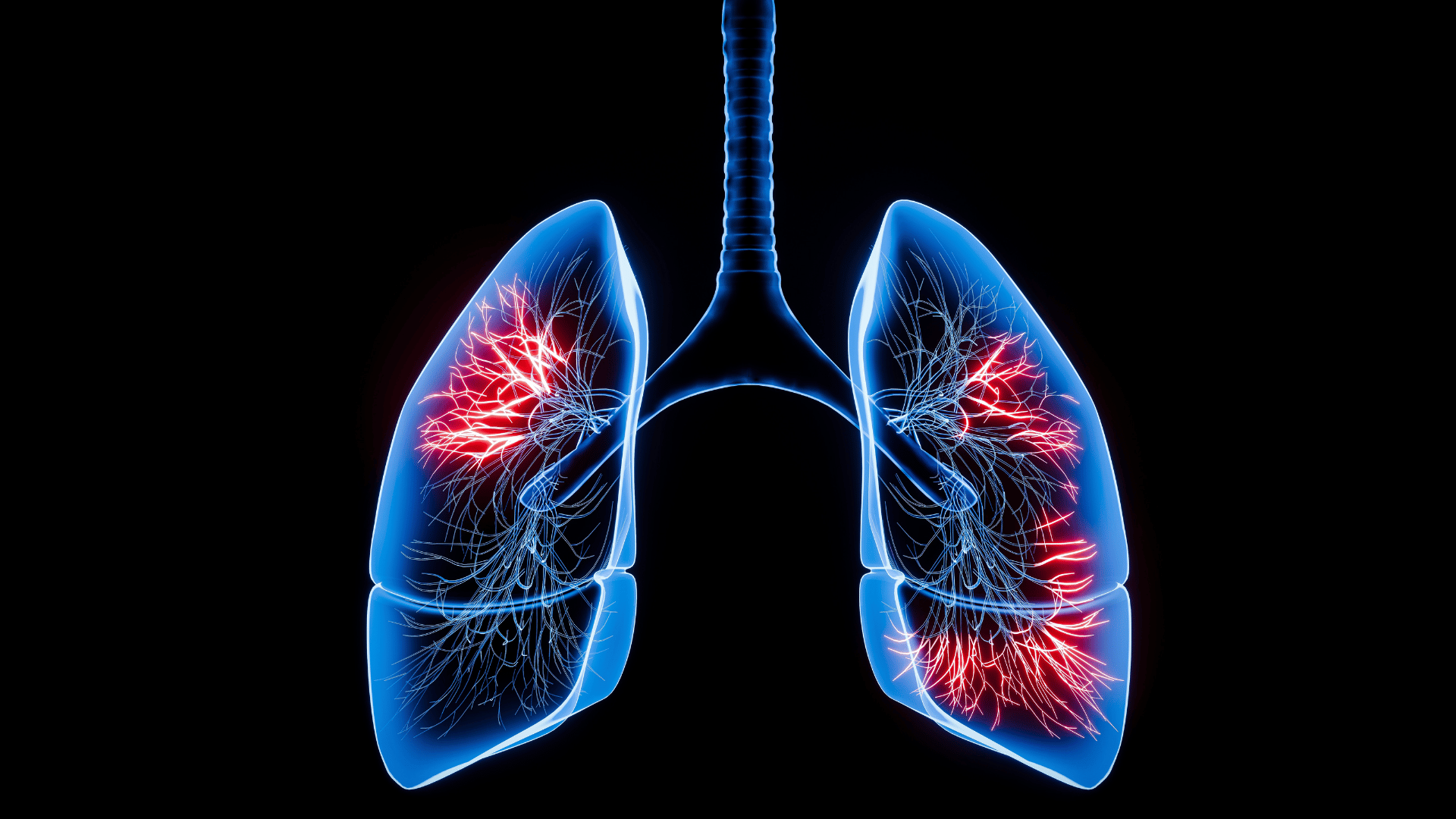Chronic respiratory diseases are a major global health crisis and affect over half a billion people, causing more than four million deaths annually. Diseases such as asthma and chronic obstructive pulmonary disease (COPD) are a big contributor to this.
According to Oxford University, these conditions disproportionately impact socioeconomically disadvantaged communities in the U.K. because access to specialized diagnostic care is often limited.
Spirometry is the standard diagnostic tool and measures the amount of air a person can forcefully exhale. However, researchers say it is often difficult for patients to perform correctly. Additionally, it frequently fails to detect lung damage in its early, yet critical, stages.
Researchers explained that by the time spirometry detects abnormalities, the damage is typically irreversible. As a result, treatments are delayed and patient outcomes are poorer.
Overcoming Lung Disease Detection Challenges

Researchers have developed an alternative called computed cardiopulmonary (CCP) to overcome these limitations. They say it’s a non-invasive test that could transform the early diagnosis of lung conditions.
Doctors perform CCP while a patient breathes normally for 12 minutes through a mouthpiece connected to a sophisticated gas analyzer. The test uses cutting-edge laser technology and advanced mathematical modelling to create a detailed “fingerprint” of how evenly air flows through the lungs.
According to the researchers, the precise picture of lung function changes early in the course of the disease, making CCP a highly sensitive marker for identifying subtle problems that conventional tests often miss.
Studies show CCP as a promising tool, but it’s restricted to hospitals and labs due to its 12-minute duration and the specialist gas supplies required.
The new ACCESS project aims to address those limitations. It’s an over $1.7 (£1.3) million initiative funded by the Engineering and Physical Sciences Research Council (EPSRC) to adapt CCP for widespread use in communities. Ideally, researchers want the technology in GP surgeries, pharmacies, and diagnostic hubs.
The research team is working to reduce the test time and the volume of gas required.
“To improve lung health, we need to move from firefighting advanced disease to detecting and treating it earlier, when it is still possible to prevent progression,” Project lead Professor Grant Ritchie said. “With EPSRC support, we are developing a rapid, non-invasive breath test that could provide immediate results in community diagnostic settings and transform early diagnosis.”
Professor Charlotte Deane, EPSRC Executive Chair, added, “By enabling care closer to home as well as earlier intervention, [these projects] will help shift the system from treatment to prevention, improve outcomes, tackle health inequalities, and ease pressure on hospitals.”







